The advances in AI tools have made artificial intelligence accessible for commercial use. It can significantly lower costs, increase efficiency and boost productivity. AI is not limited to just older processes, It can also be used to generate new leads, and create products and services at the forefront of development.
According to an IBM survey, one-third of the companies are using AI in one form or another while 43% have already accelerated their AI rollouts. Most of the enterprise-level use cases are based on Natural Language Processing but today we are going to look at multiple applications where AI shows promising results and will soon be applied throughout industries.
1. Engaging Customers, Providing Support and Selling Services
AI used for Enterprise solutions is most common around customers. The most widely used form called Chatbots, can understand customer requests and respond accordingly, faster than humans and at a lower cost.
By relying on customer data and predictive analytics, AI can deliver powerful recommendations and suggest products that customers are most likely to purchase. Even by providing recommendations to a human worker, customers can better engage with the support executive to solve issues or provide a personalized experience.
2. Targeted Marketing
Another widely used application of AI is for targeted marketing. Almost every single advertisement that you see online has been very selectively placed in front of you by a machine powered by artificial intelligence.
But now this has gone a step forward by utilizing your information as inputs for analytical tools which would provide recommendations based on your personal preference.
3. AI in Operations
Many enterprise software now has built-in AI functions. You might not even know that the tool you’re using has AI behind it because it has been implemented so seamlessly. Some business functions like human resources, finance and legal are already being supported by AI and this list would keep on getting bigger.
AI can be used to smartly route calls to executives who can handle the query in a better way. IT operations can be made resilient by installing AI-enabled security measures that detect hacking activities or breaches.
4. Quality Control and Assurance
Computer Vision, an image-based detection method has been used by manufacturers for decades. It has made high-speed production lines easy to monitor and detect bad products before they reach packing stations. But now Artificial Intelligence is being used to add multiple layers of additional capabilities that can be more precise and improve the inspection system’s overall functionality.
5. Safety on the Work Floor
Production units, construction companies, farms, mines and many more on-site workplaces are being made safer using videos and images generated from cameras, motion detectors and all sorts of sensors. This data is fed into an AI-backed system that can detect problematic behaviours like machine jams, and dangerous conditions like construction building cracks while also making recommendations to prevent or improve the process.
6. Advanced Supply Chains
While the management of supply chains is already analytics-heavy, machine learning algorithms are also used to forecast inventory re-stocking as well as the optimal time to start moving the supplies.
AI has been helping businesses to become more efficient by minimizing costs and even eliminating overstocking or understocking.

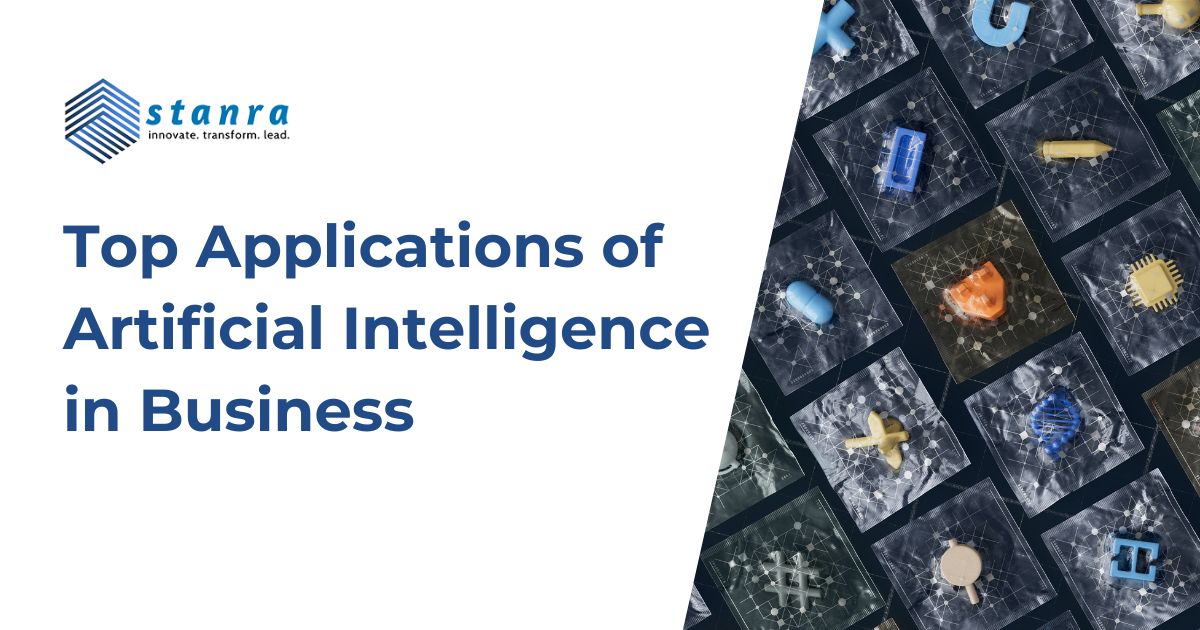
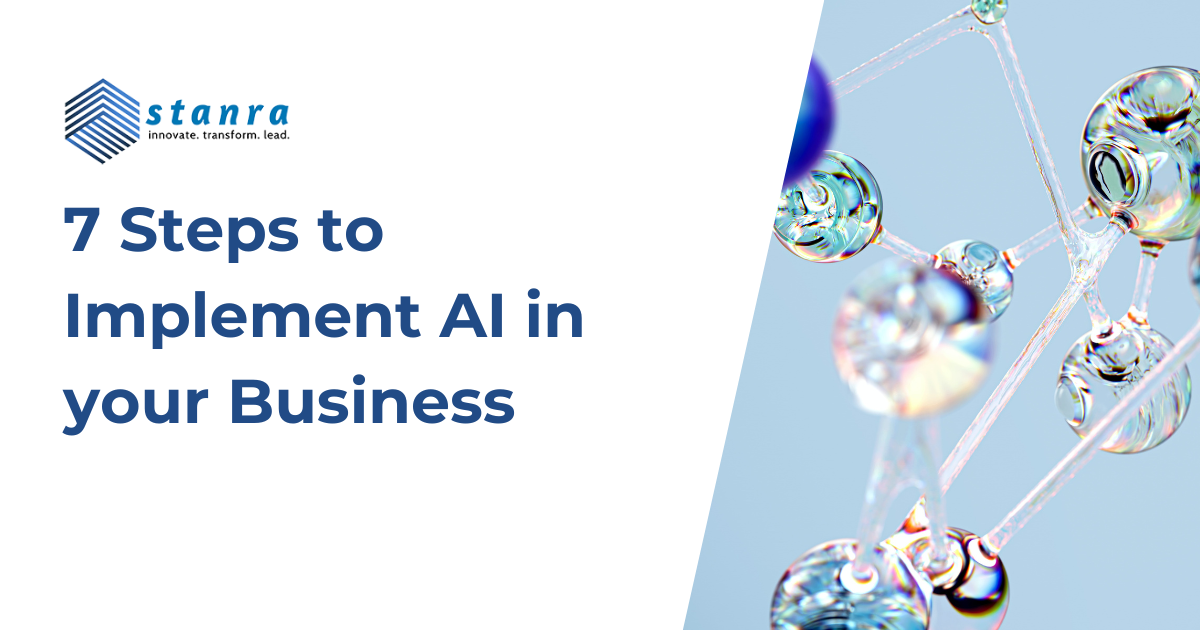
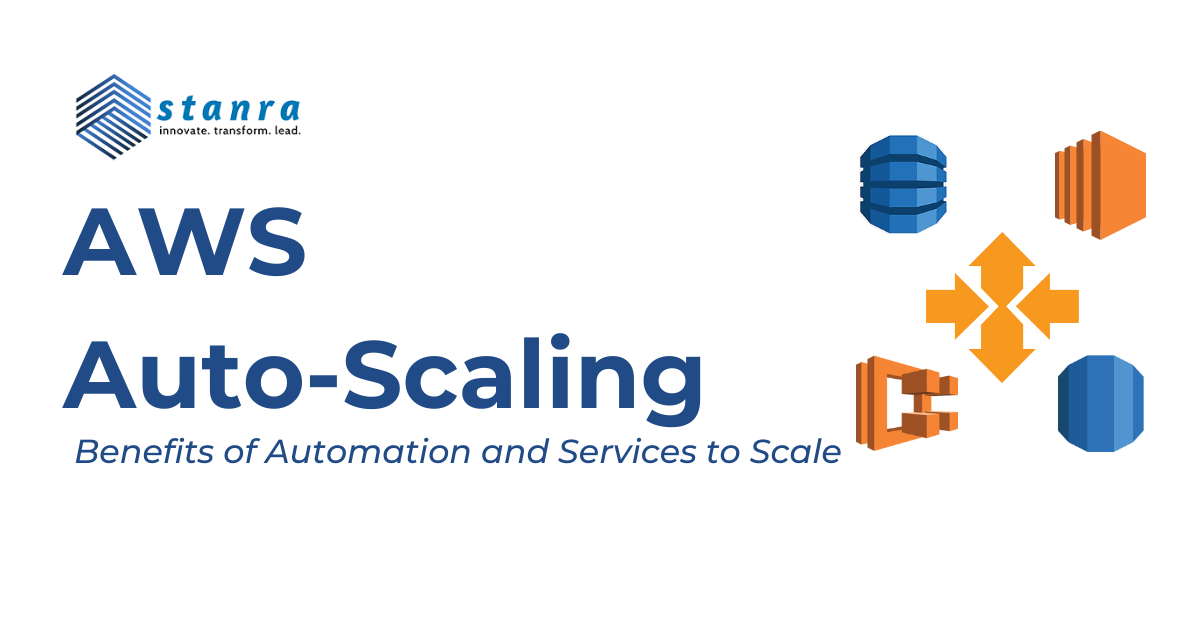
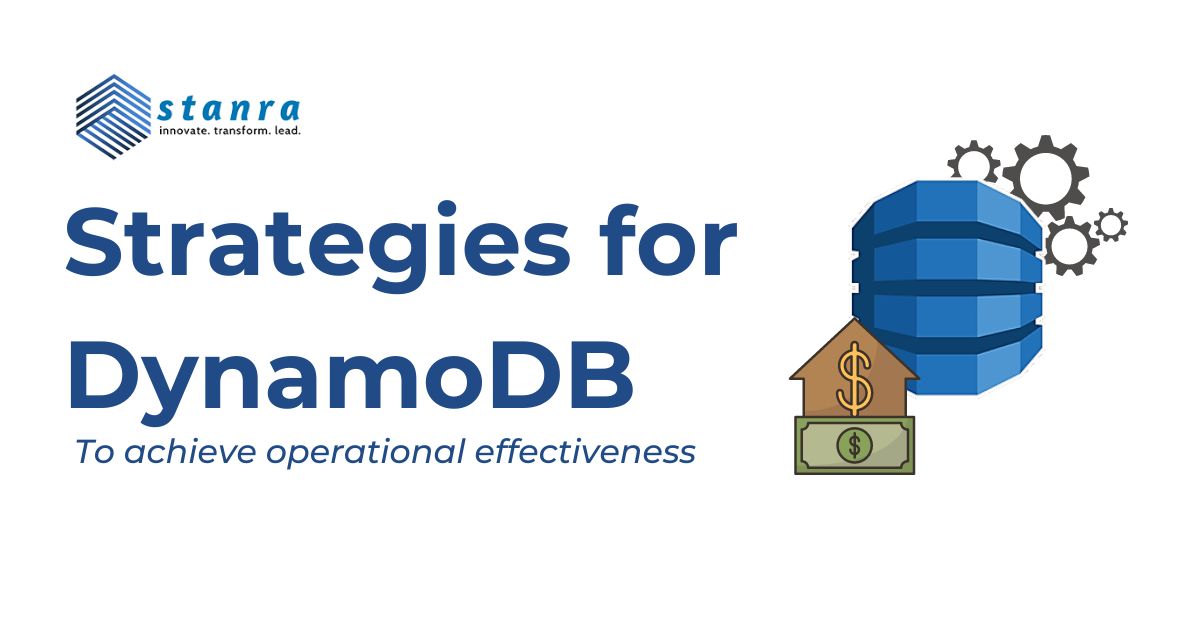
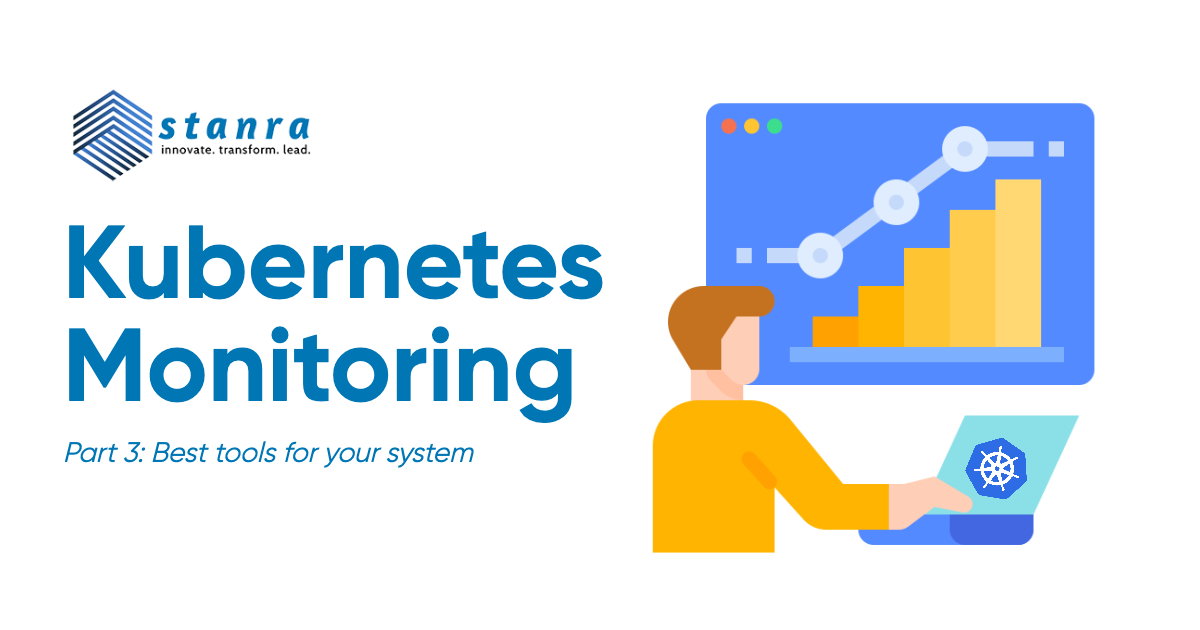
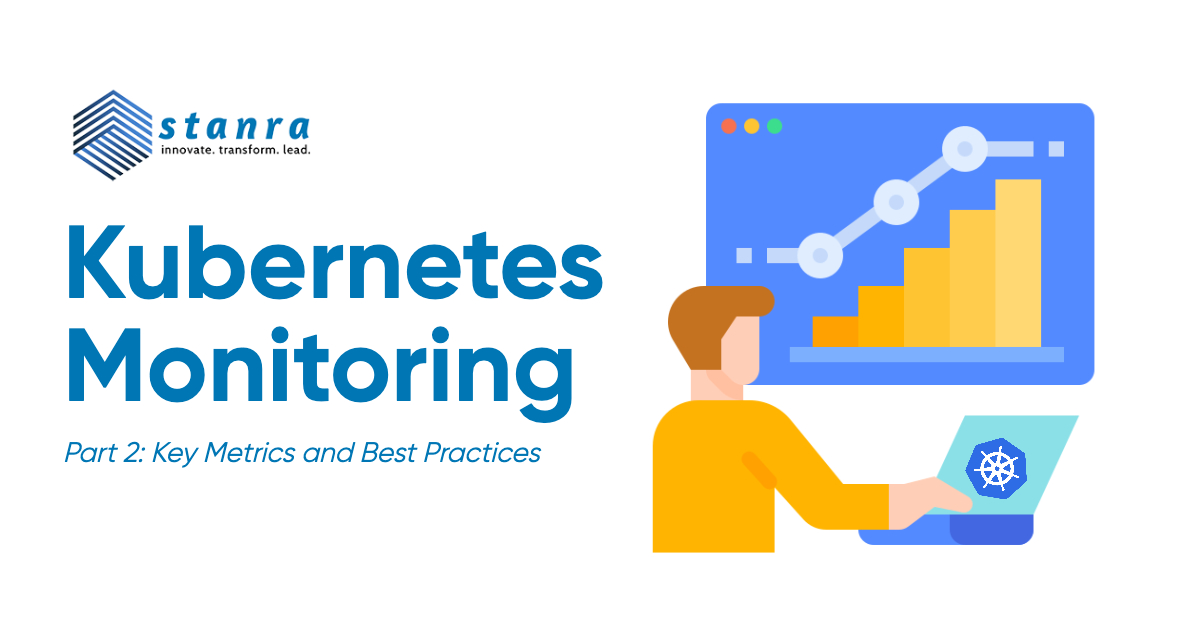
Leave A Comment